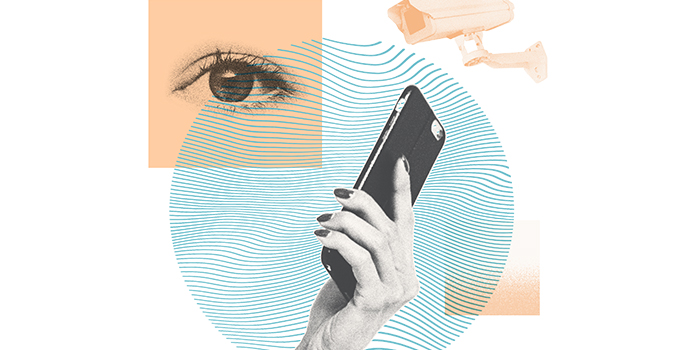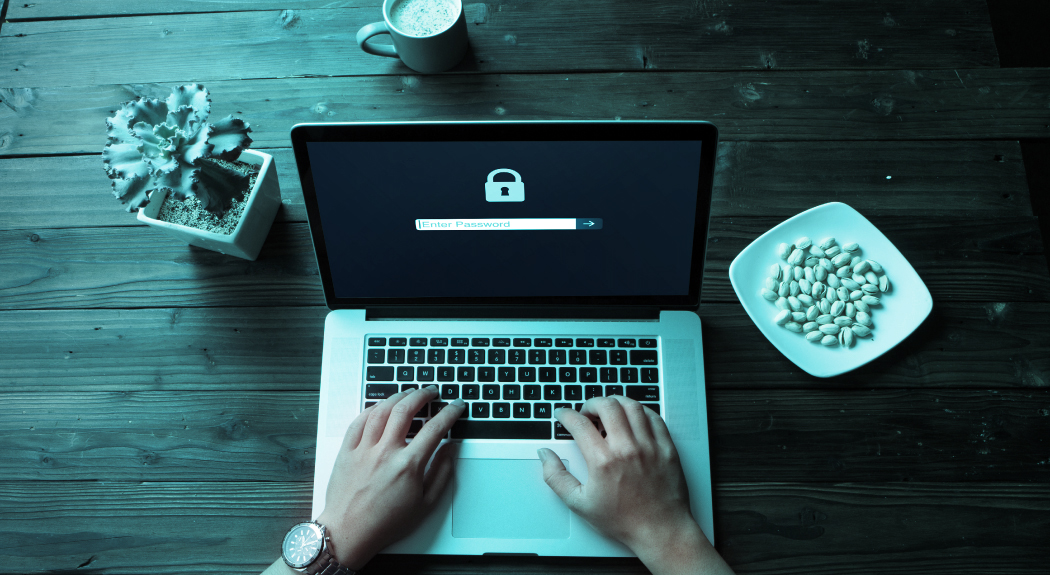In today’s digital age, internet privacy is crucial. Our online activities are constantly tracked.
Internet privacy refers to the protection of personal information online. Many people don’t realize how much data they share. From social media to online shopping, every click leaves a trace. This data can be used, sold, or even stolen. Protecting your online privacy is not just a tech issue, it’s a personal one.
Understanding internet privacy helps you make safer choices online. In this blog, we will explore the importance of internet privacy. You’ll learn practical tips to safeguard your information. Let’s dive into how you can take control of your online presence and protect your personal data.

Credit: www.aclu.org
Introduction To Internet Privacy
Online privacy protects your personal information. This information includes your name, address, and phone number. Your browsing history is also private. Keeping this information safe prevents misuse. Misuse can lead to identity theft. It can also lead to financial loss. Protecting your online privacy keeps your data safe. It also keeps your family safe.
Ignoring internet privacy has many risks. Hackers can steal your personal data. They can access your bank account. They can also misuse your social media accounts. Ignoring privacy can lead to identity theft. It can cause financial loss. Your private information might be sold. Your online activities can be tracked. This can lead to unwanted ads. It can also lead to scams. Protect your privacy to avoid these risks.
Common Threats To Personal Data
Phishing scams trick people into giving away personal data. Scammers often send fake emails. These emails look real. They ask for passwords or bank details. Clicking on bad links can also be harmful. Always be cautious with emails from unknown sources.
Malware and spyware are harmful software. They can steal your information. Malware can enter through bad downloads. Spyware can track your activities. Always use good antivirus software. This can help protect your device.
Data breaches happen when hackers steal data. This can include names, addresses, and passwords. Companies often announce breaches. Users should change passwords if affected. It’s smart to use strong passwords. This adds an extra layer of security.
Safe Browsing Habits
Always use websites with HTTPS. These sites are more secure. Look for a padlock icon in the browser. This means the site is safe. Avoid entering personal info on sites without HTTPS. It keeps your data safe from hackers.
Clear cookies and cache often. It helps keep your data private. Go to your browser settings. Find the option to clear cookies. Do this weekly to stay safe. This also helps your browser run faster. It removes old data that slows it down.

Credit: www.safespace.qa
Strong Password Practices
Use a mix of letters, numbers, and symbols in your passwords. Avoid using common words or simple patterns. A good password should be hard to guess. For example, “P@ssw0rd123!” is better than “password123”. Change your passwords regularly. Do not reuse old passwords.
Password managers store and generate complex passwords for you. They help you avoid using simple or repeated passwords. A password manager keeps all your passwords in one place. You only need to remember one master password. This makes it easier to have different passwords for each account. Always use a trusted password manager for safety.
Social Media Privacy
It is important to adjust your privacy settings. This helps you stay safe online. Go to the settings menu on your social media account. Look for options like “Who can see my posts?” and “Who can contact me?” Set these to friends only or private. This way, strangers cannot see your information. Also, check your privacy settings often. Platforms change their settings over time. Stay updated for the best protection.
Be careful with what you share online. Avoid posting personal details. This includes your address, phone number, or school name. Strangers can misuse this information. Think before you post pictures. Some photos can give away your location. Always ask yourself if you trust the people who will see your post. If unsure, it is best not to share.
Securing Mobile Devices
Security apps help protect your phone from hackers. They can block dangerous websites and scan for viruses. Many apps also offer a VPN service. This keeps your internet activity private. Always download apps from trusted sources like Google Play or the App Store. Do not trust unknown websites or links. These might install malware on your phone.
Updating your software is very important. Updates fix security holes in your phone. They also add new features and improve performance. Many phones can update automatically. Check your settings to make sure this is turned on. If not, update your software regularly. Always back up your data before updating. This prevents data loss if something goes wrong.
Using Vpns
VPNs help hide your online identity. This makes it hard for hackers to track you. They also protect your data on public Wi-Fi. You can browse safely without worry. VPNs can also access blocked sites. This is useful if you travel a lot. Streaming is better with a VPN. You can watch shows from other countries.
Pick a trusted VPN. Read reviews online. Look for good speed and strong security. Check if it has many servers. This helps with better connections. Avoid free VPNs. They might sell your data. Paid VPNs are safer. Look for easy-to-use apps. This makes it simple to connect. Customer support should be available. This is helpful if you face issues.
Educating Yourself And Others
Internet privacy changes all the time. New threats appear often. Stay updated on the latest privacy news. Read trusted websites and follow tech blogs. Join forums to learn from others. Online courses also help. Many are free. Be aware of new laws and regulations. They change often. Knowing them helps you stay safe.
Help friends and family stay safe online. Share what you learn. Use simple words. Explain privacy settings on social media. Show them how to create strong passwords. Teach them to avoid suspicious links. Remind them to update software often. Talk about scams and how to spot them. Share tips on safe browsing. Make learning fun and easy.
Conclusion And Final Tips
Protecting your online privacy is essential. Always use strong passwords and be cautious with personal information. Consider using a VPN for added security.
Recap Of Key Points
Internet privacy is crucial. Always use strong passwords. Keep software updated. Be careful with public Wi-Fi. Avoid sharing personal information online. Use two-factor authentication. Regularly check privacy settings.
Final Recommendations For Staying Safe Online
Install antivirus software. Avoid suspicious links. Use a VPN for extra security. Be cautious with downloads. Monitor online accounts for unusual activity. Educate yourself on new threats. Stay informed and proactive.
Frequently Asked Questions
What Is Internet Privacy?
Internet privacy refers to protecting personal data shared online. It includes securing information from unauthorized access and ensuring user confidentiality.
Why Is Internet Privacy Important?
Internet privacy is crucial to protect personal information from misuse. It prevents identity theft, financial loss, and ensures user security online.
How Can I Improve My Internet Privacy?
You can improve internet privacy by using strong passwords, enabling two-factor authentication, and avoiding public Wi-Fi for sensitive activities.
What Are Common Internet Privacy Threats?
Common internet privacy threats include phishing attacks, malware, and data breaches. These threats can compromise personal information and online security.
Conclusion
Protecting internet privacy is crucial in today’s digital age. Simple steps can help. Use strong passwords. Enable two-factor authentication. Avoid sharing personal information online. Stay informed about privacy settings. Regularly update your devices. Awareness and proactive measures safeguard your online presence.
Everyone deserves privacy and security on the internet. Stay vigilant. Guard your digital life.